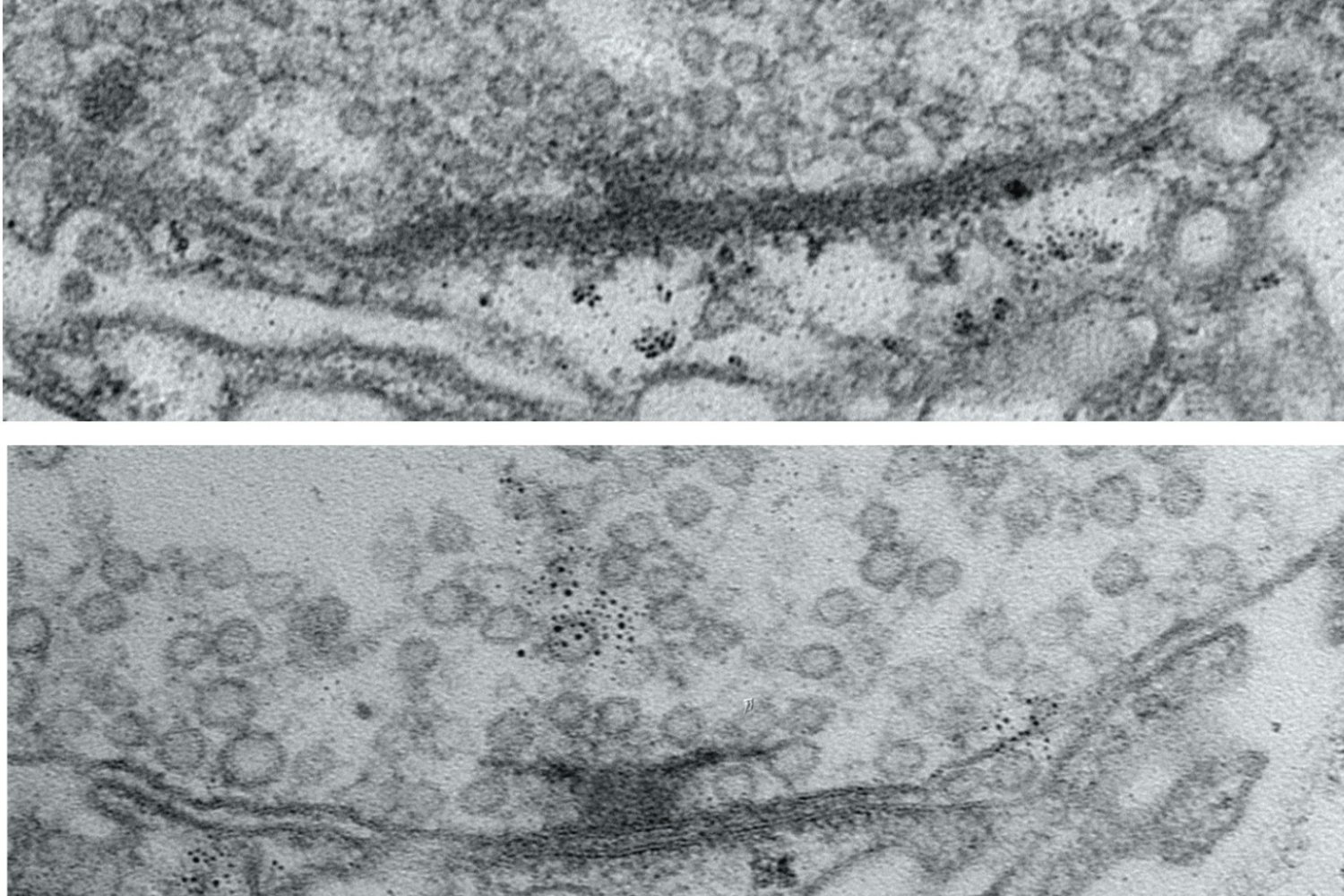 Neural activity helps circuit connections mature into optimal signal transmittersScientists identified how circuit connections in fruit flies tune to the right size and degree of signal transmission capability. Understanding this could lead to a way to tweak abnormal signal transmission in certain disorders.
Neural activity helps circuit connections mature into optimal signal transmittersScientists identified how circuit connections in fruit flies tune to the right size and degree of signal transmission capability. Understanding this could lead to a way to tweak abnormal signal transmission in certain disorders. Creating AI that mattersHow the MIT-IBM Watson AI Lab is shaping AI-sociotechnical systems for the future.
Creating AI that mattersHow the MIT-IBM Watson AI Lab is shaping AI-sociotechnical systems for the future.
- Neural activity helps circuit connections mature into optimal signal transmittersScientists identified how circuit connections in fruit flies tune to the right size and degree of signal transmission capability. Understanding this could lead to a way to tweak abnormal signal transmission in certain disorders.

- Creating AI that mattersHow the MIT-IBM Watson AI Lab is shaping AI-sociotechnical systems for the future.

- Over 1,000 MIT students inspired to work toward climate solutionsIncoming students tested the climate simulation tool En-ROADS with the goal of creating “a healthier, safer, more prosperous, and more sustainable world.”
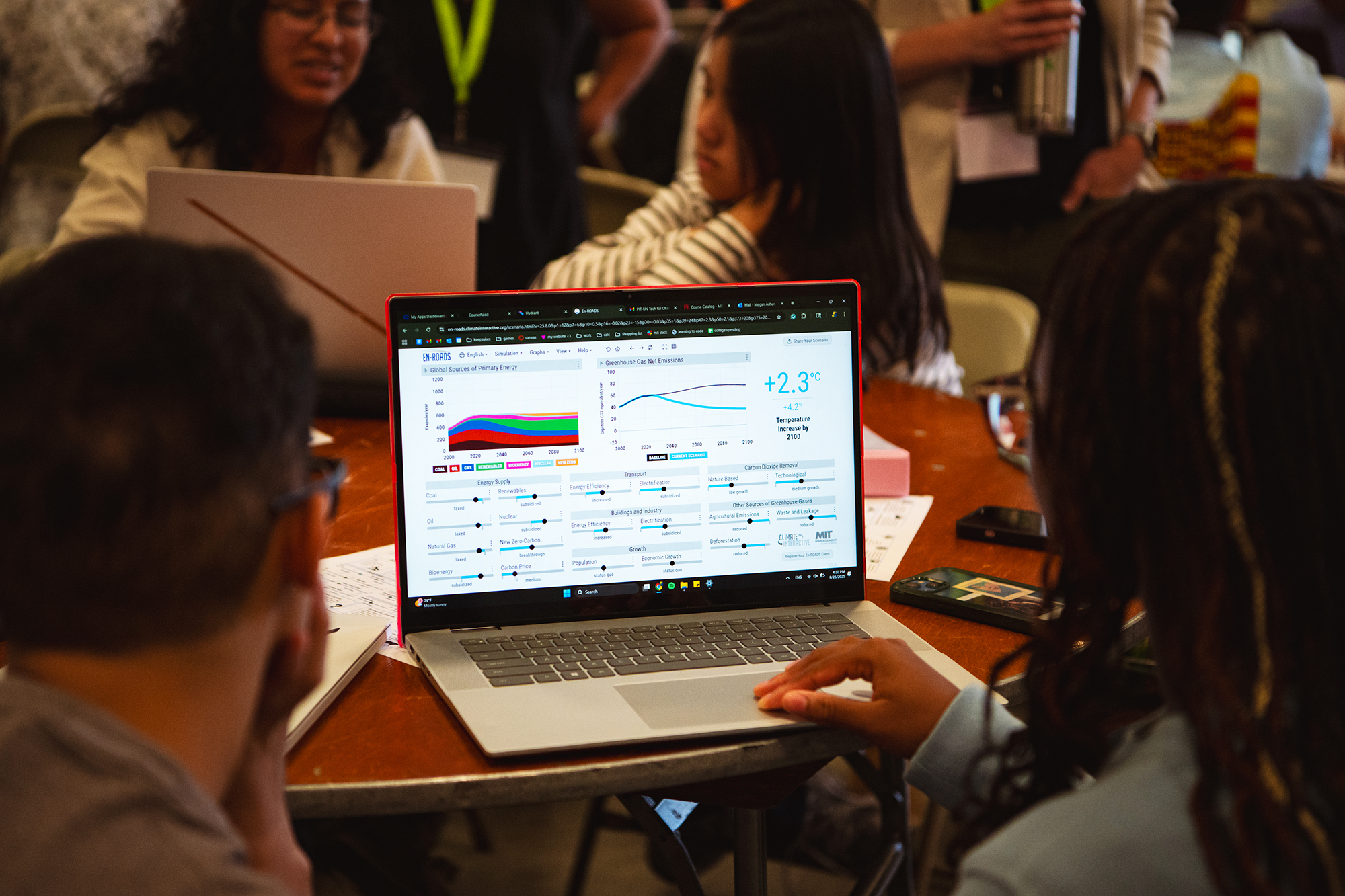
- A new advising neighborhood takes shape along the Infinite CorridorThe Undergraduate Advising Center’s new home in Building 11 creates a bright, welcoming, and functional destination for MIT undergraduate students.
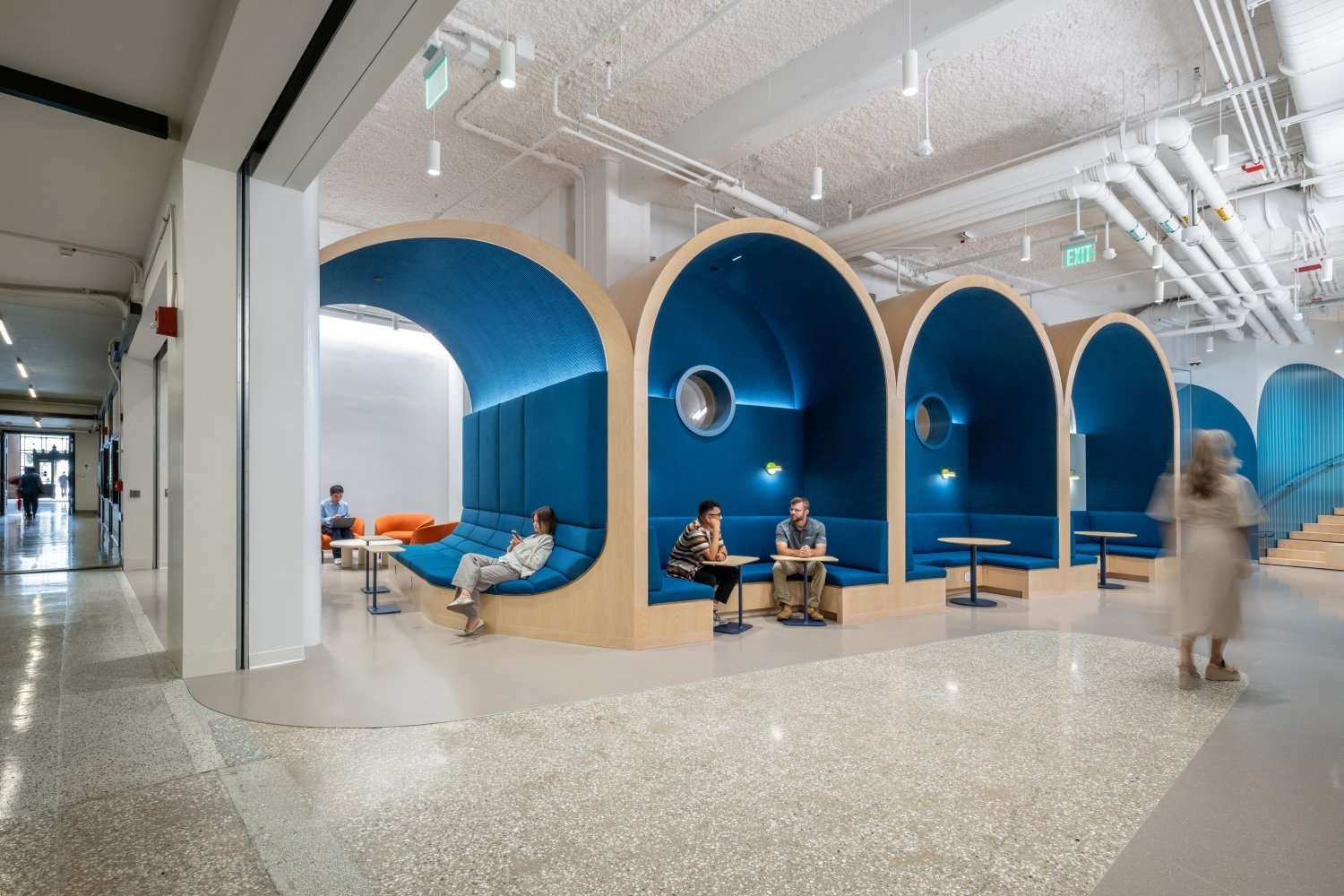
- MIT Maritime Consortium releases “Nuclear Ship Safety Handbook”First-of-its-kind handbook serves as a guide for design safety for civilian nuclear ships.
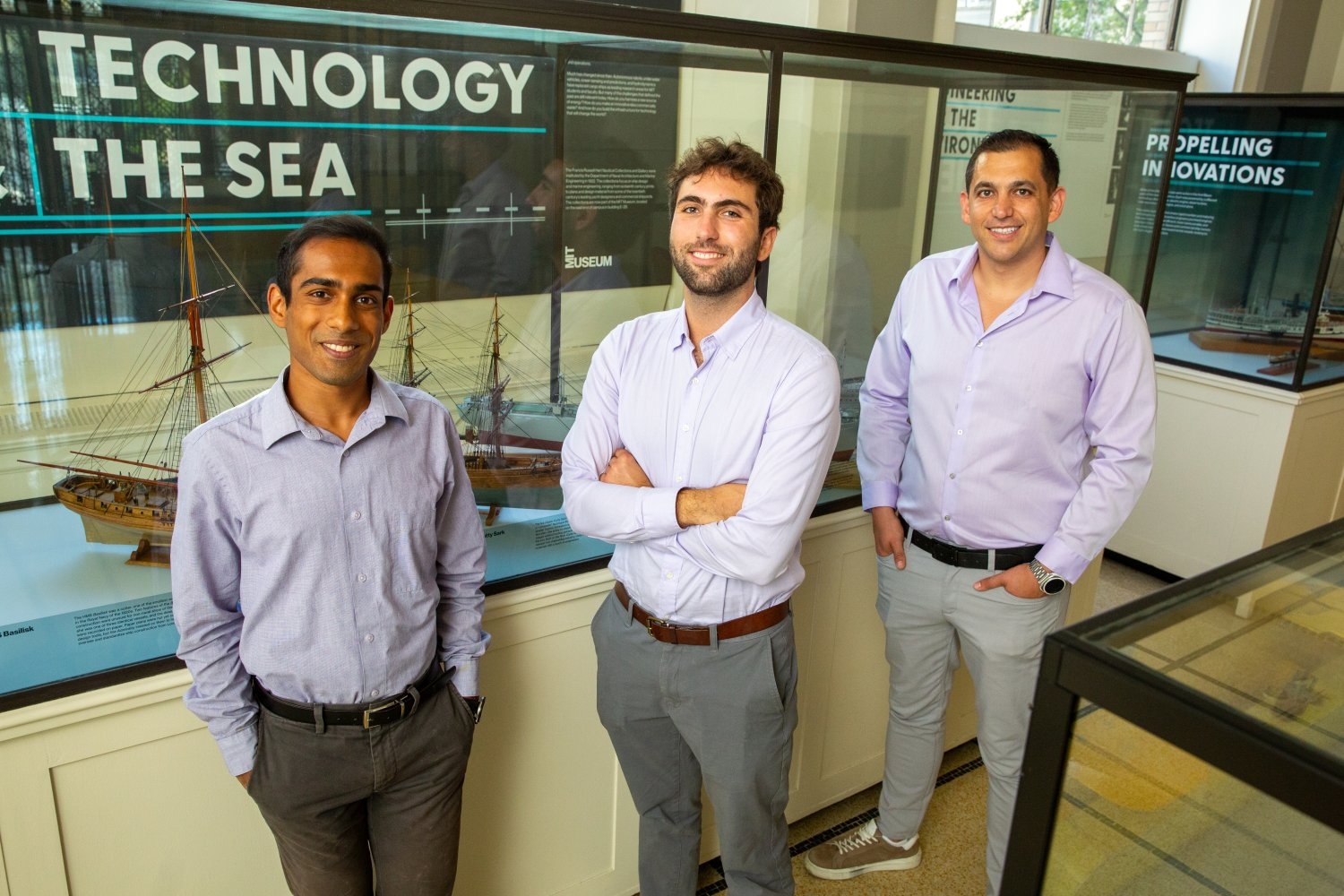
- Solar energy startup Active Surfaces wins inaugural PITCH.nano competitionTwelve START.nano companies competed for the grand prize of nanoBucks to be used at MIT.nano’s facilities.
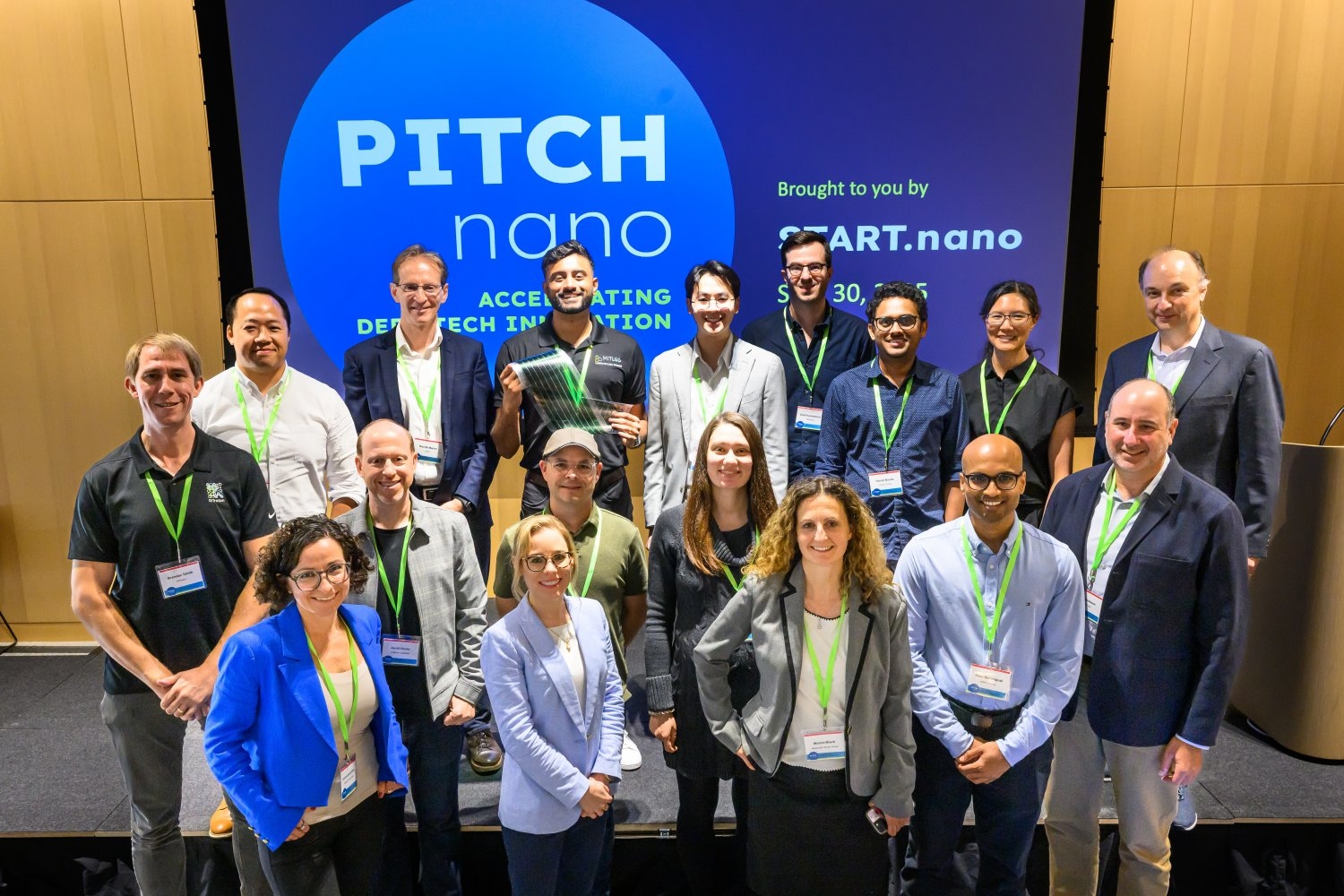
- MIT Global Seed Funds catalyze research in over 20 countriesLaunched in 2008, the program has expanded exponentially and spent $30 million on high-impact research.
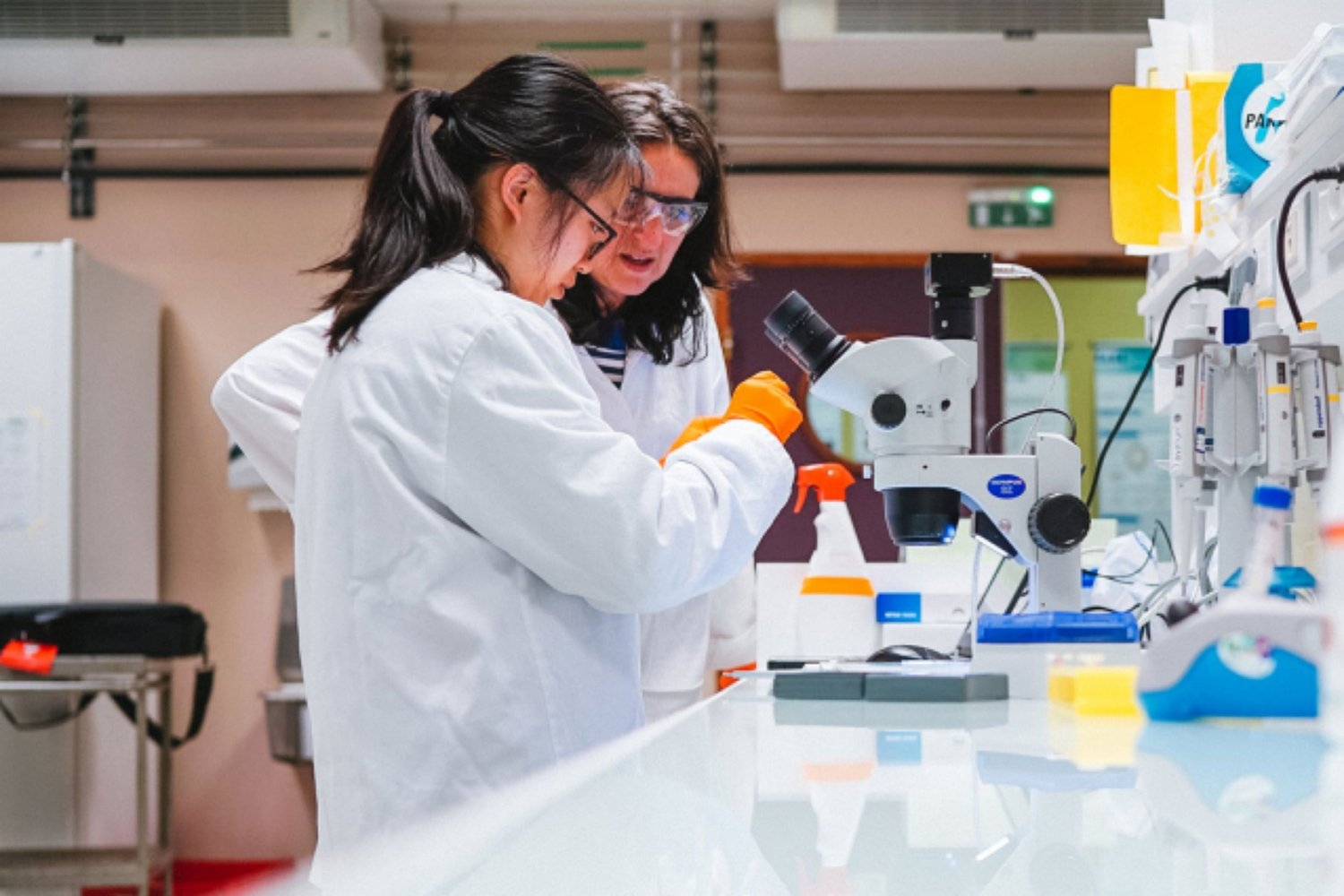
- Alan Whitney, MIT Haystack Observatory radio astronomer who pioneered very long baseline interferometry, dies at 81Longtime research scientist who served as associate director and interim director helped guide Haystack to decades of influential leadership in the development and refinement of the VLBI technique.

- School of Engineering welcomes new faculty in 2024-25The newest MIT engineering faculty are conducting research across a diverse range of subject areas.
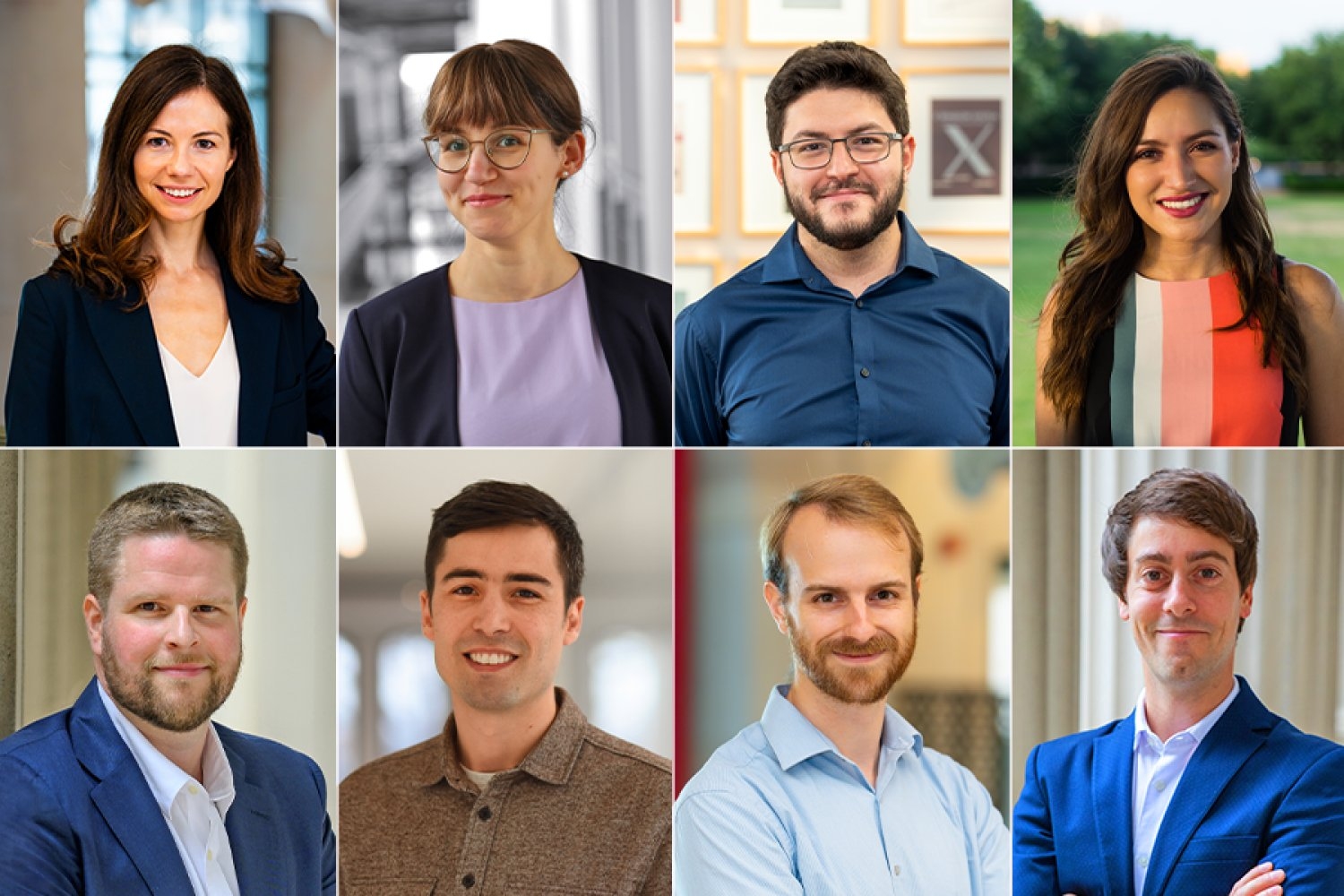
- MIT Schwarzman College of Computing welcomes 11 new faculty for 2025The faculty members occupy core computing and shared positions, bringing varied backgrounds and expertise to the MIT community.
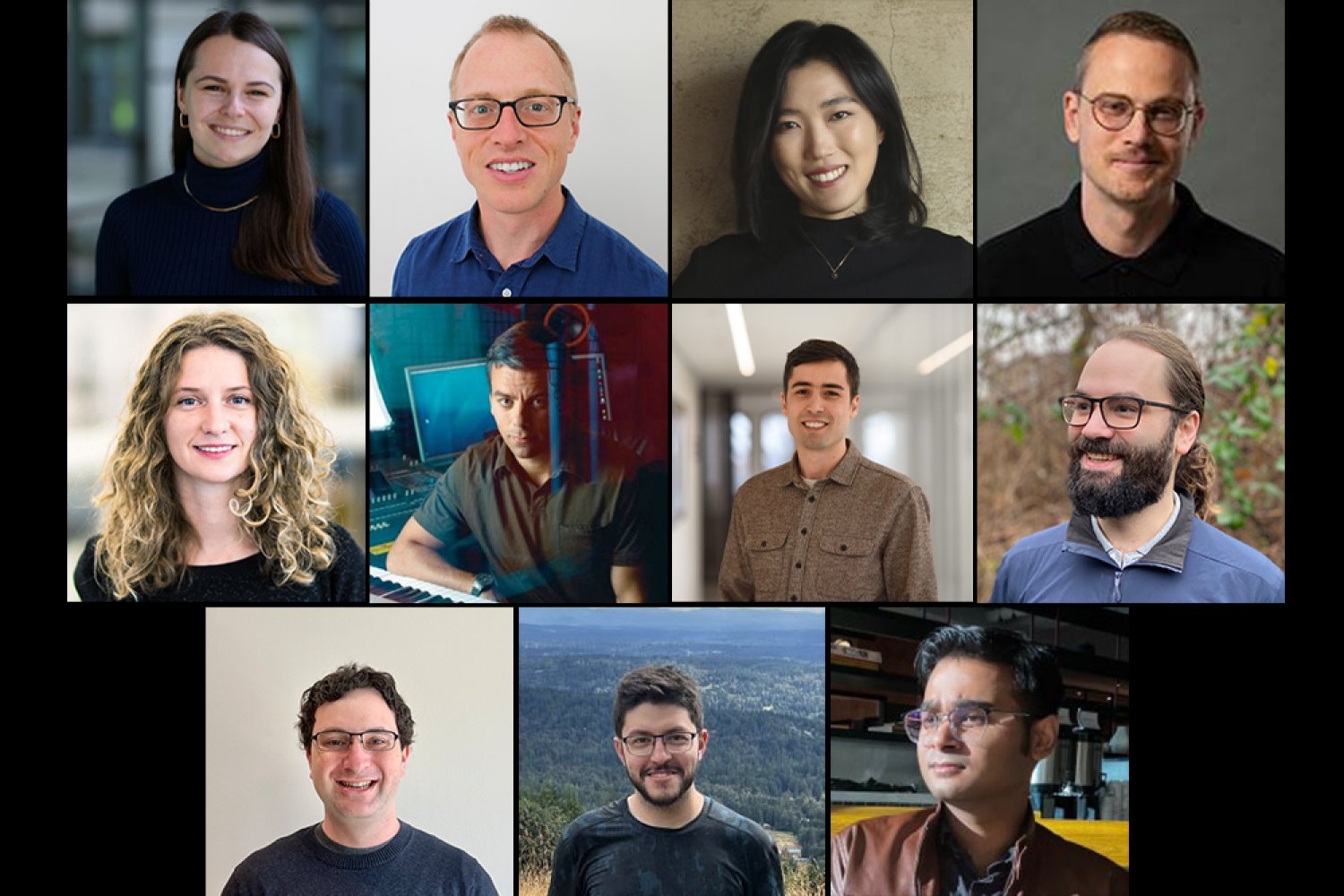
- Lincoln Laboratory and Haystack Observatory team up to unveil hidden parts of the galaxyA proposed telescope made of thousands of tiny, identical satellites will work to reveal low-frequency radio waves in space.
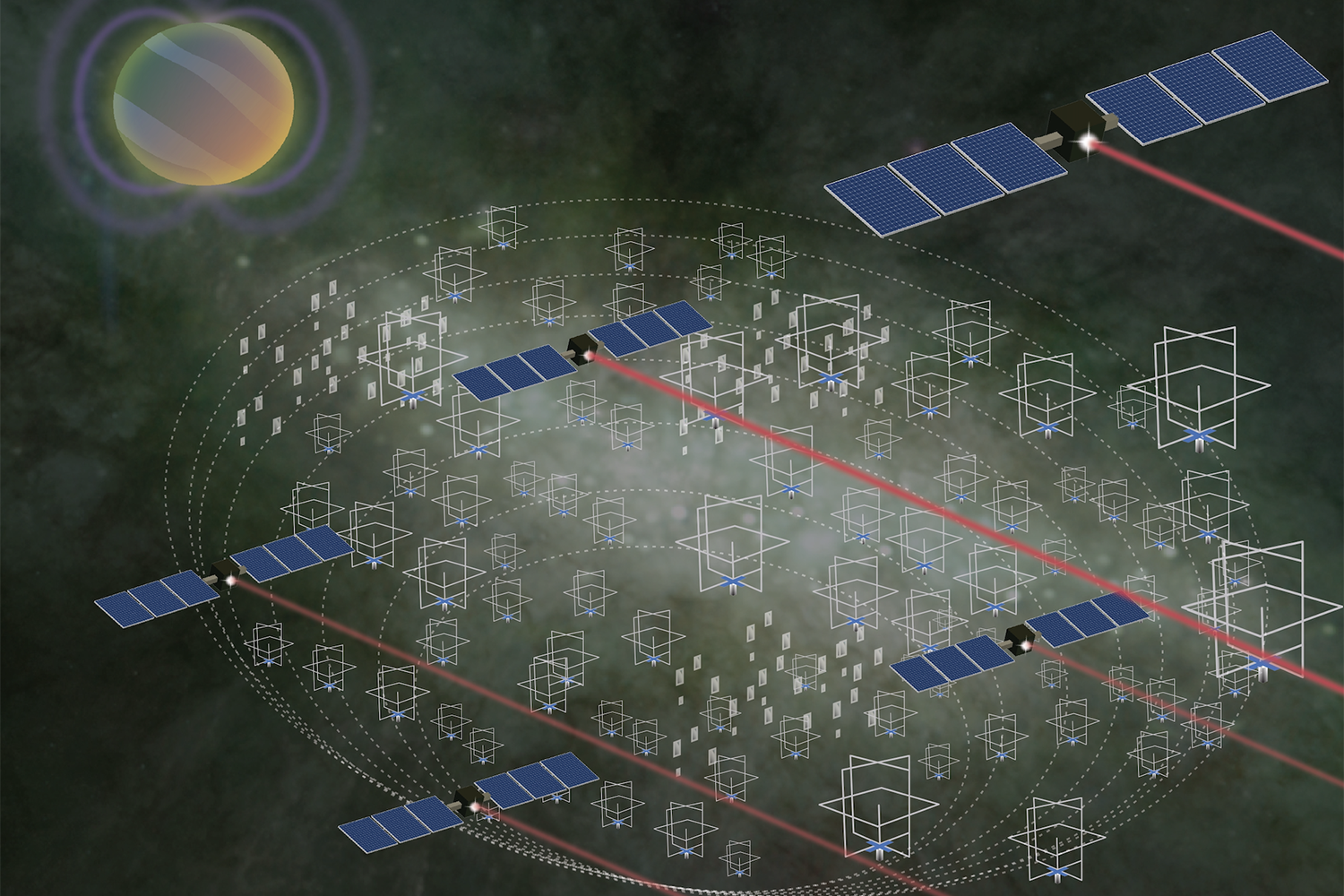
- New software designs eco-friendly clothing that can reassemble into new itemsTo reduce waste, the Refashion program helps users create outlines for adaptable clothing, such as pants that can be reconfigured into a dress. Each component of these pieces can be replaced, rearranged, or restyled.
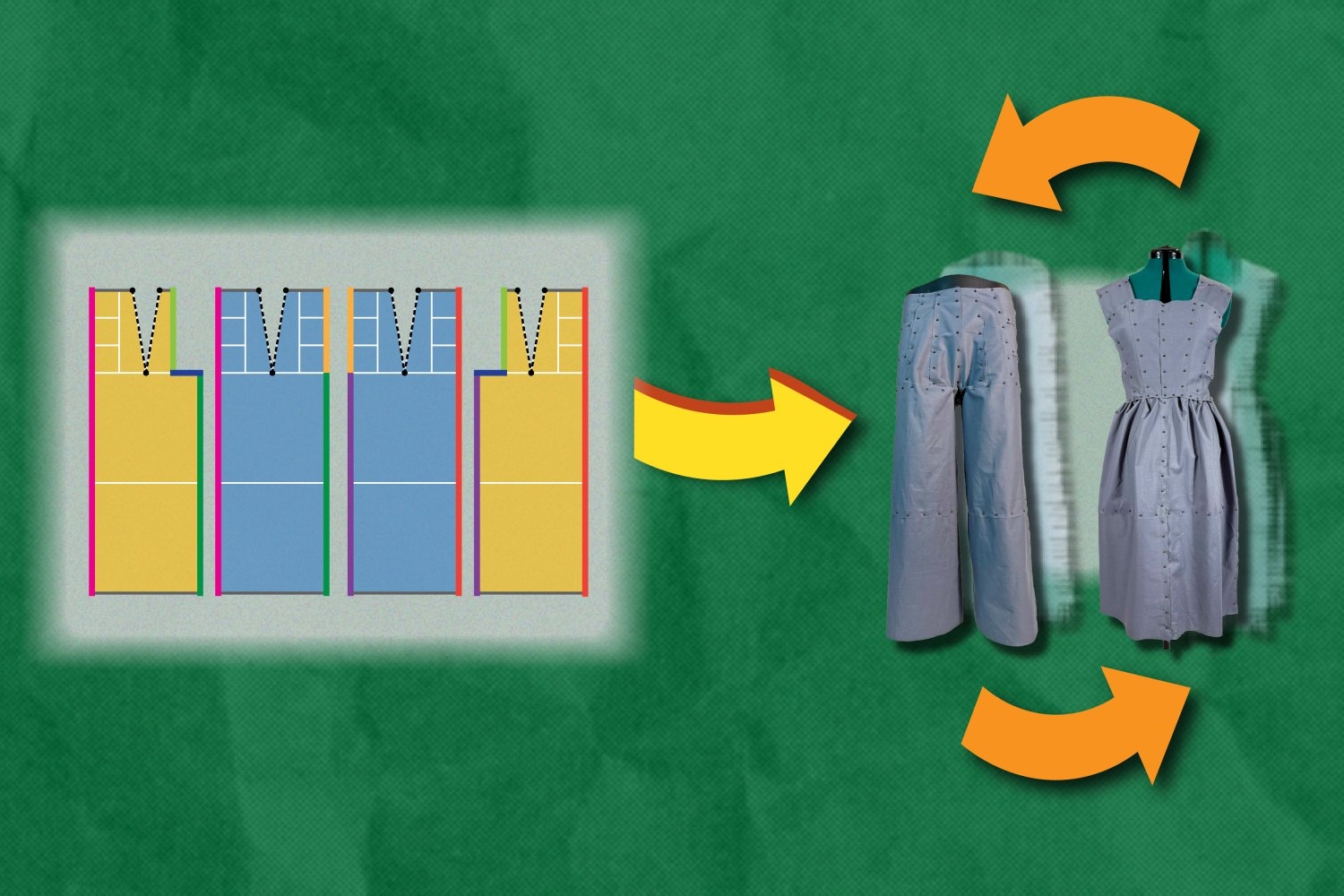
- In a surprising discovery, scientists find tiny loops in the genomes of dividing cellsEnabled by a new high-resolution mapping technique, the findings overturn a long-held belief that the genome loses its 3D structure when cells divide.
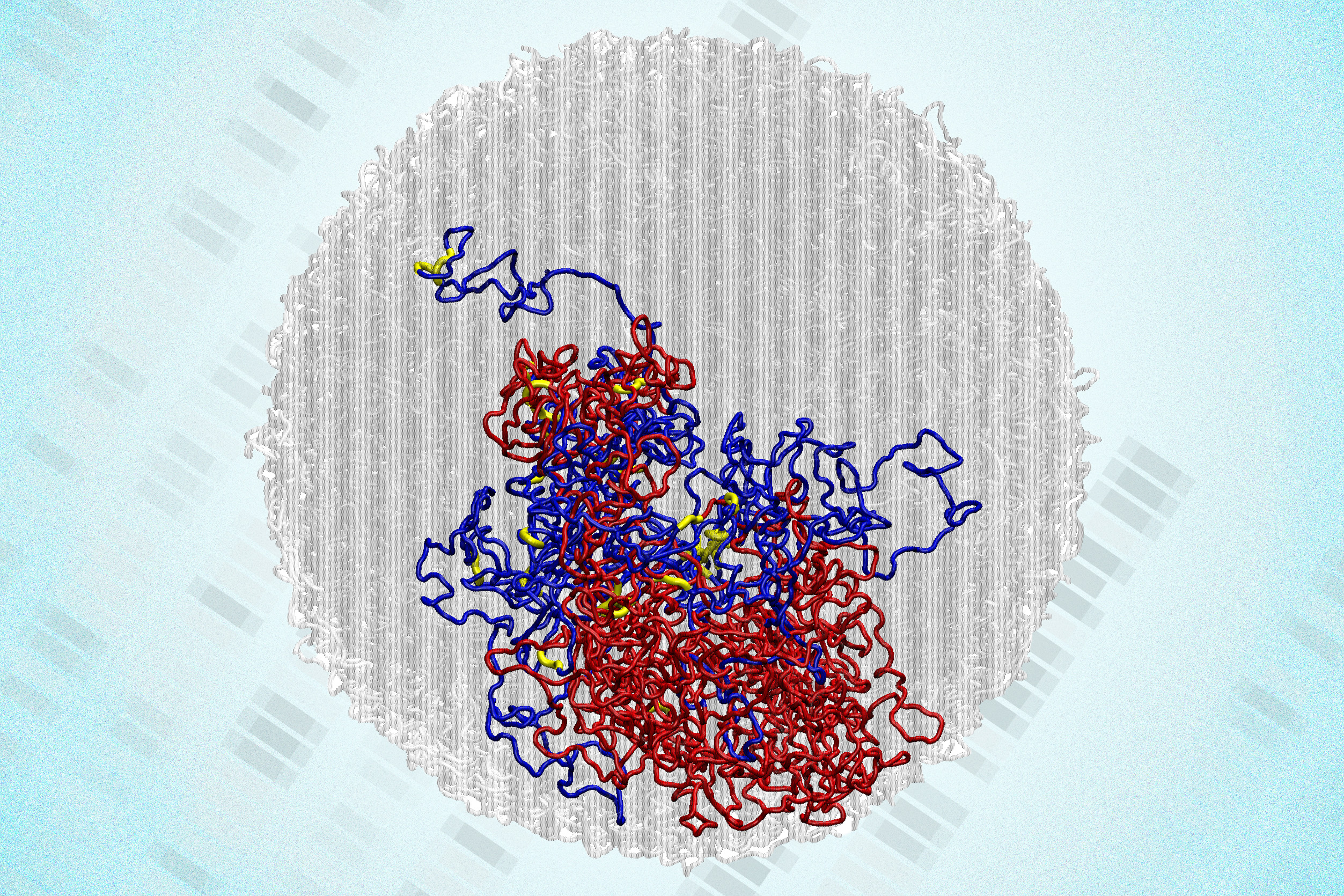
- Book reviews technologies aiming to remove carbon from the atmosphereIn “Carbon Removal,” Howard Herzog and Niall MacDowell assess proposed methods of removing carbon already in the atmosphere as a means of mitigating climate change.
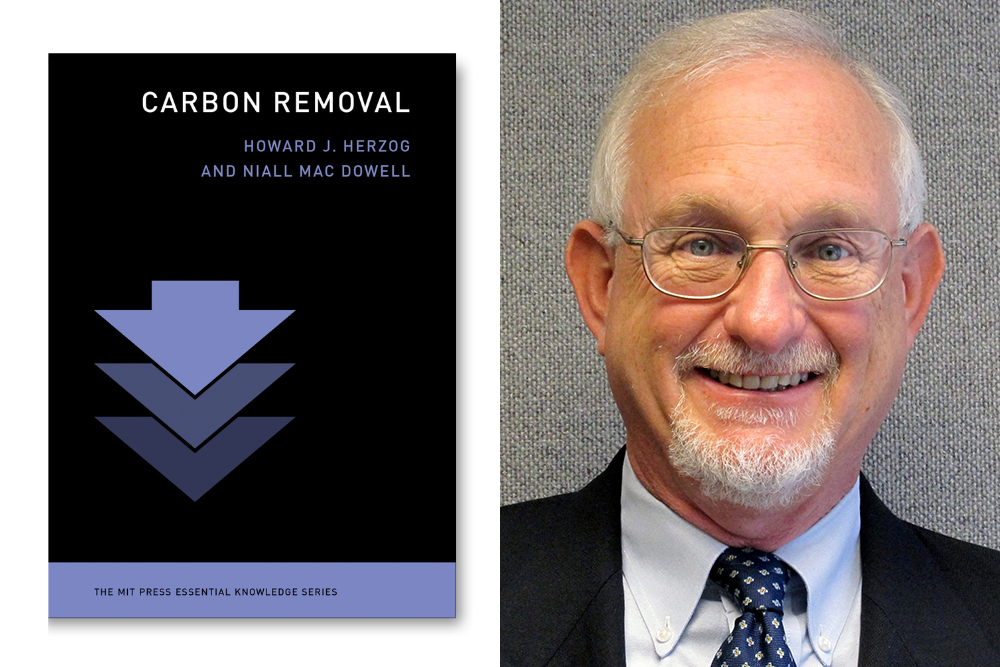
- Method teaches generative AI models to locate personalized objectsAfter being trained with this technique, vision-language models can better identify a unique item in a new scene.

- Darcy McRose and Mehtaab Sawhney ’20, PhD ’24 named 2025 Packard Fellows for Science and EngineeringMcRose, an environmental microbiologist, is recognized for researching the ecological roles of antibiotics in shaping ecosystems, agriculture, and health.
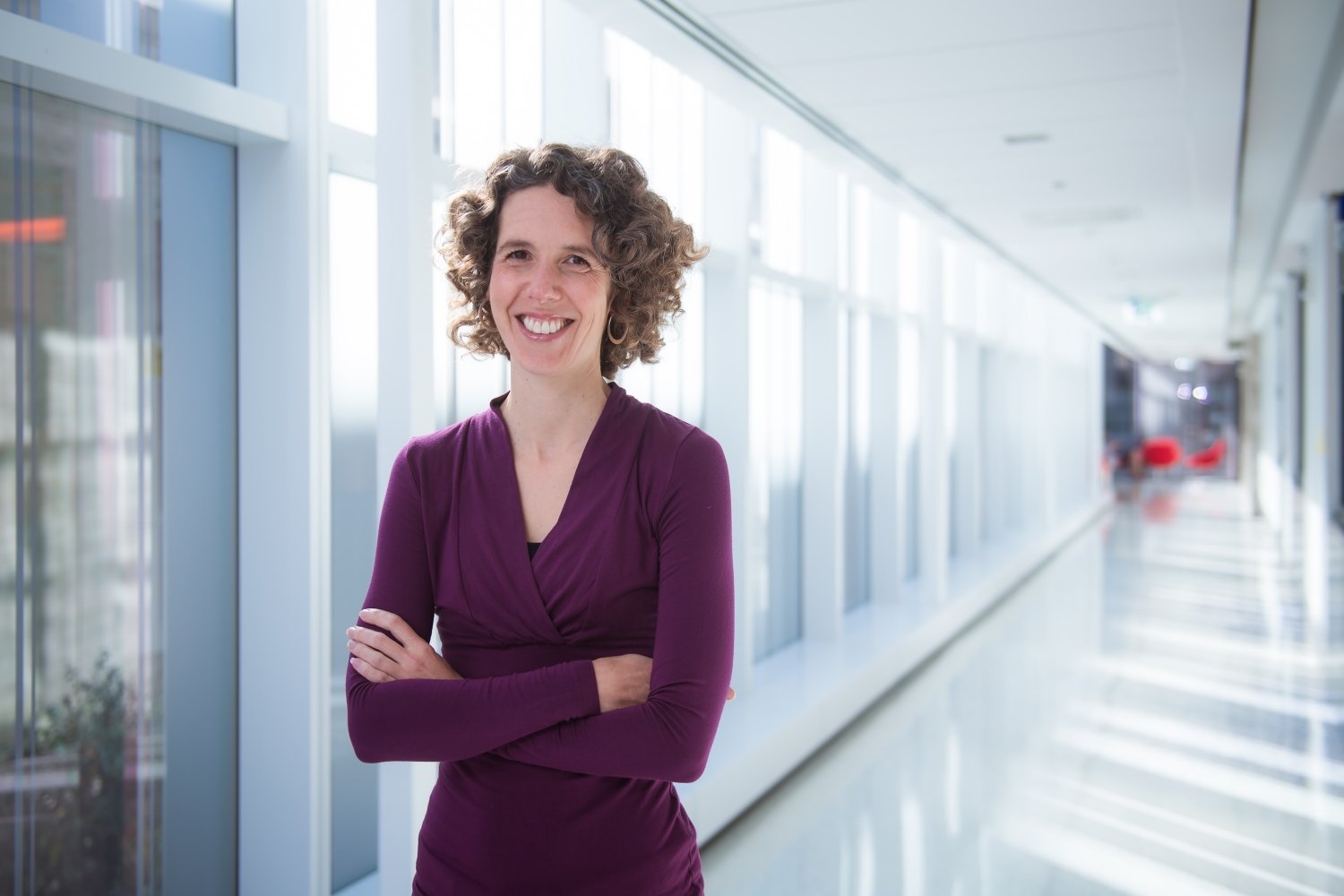
- MIT engineers solve the sticky-cell problem in bioreactors and other industriesTheir system uses electrochemically generated bubbles to detach cells from surfaces, which could accelerate the growth of carbon-absorbing algae and lifesaving cell therapies.
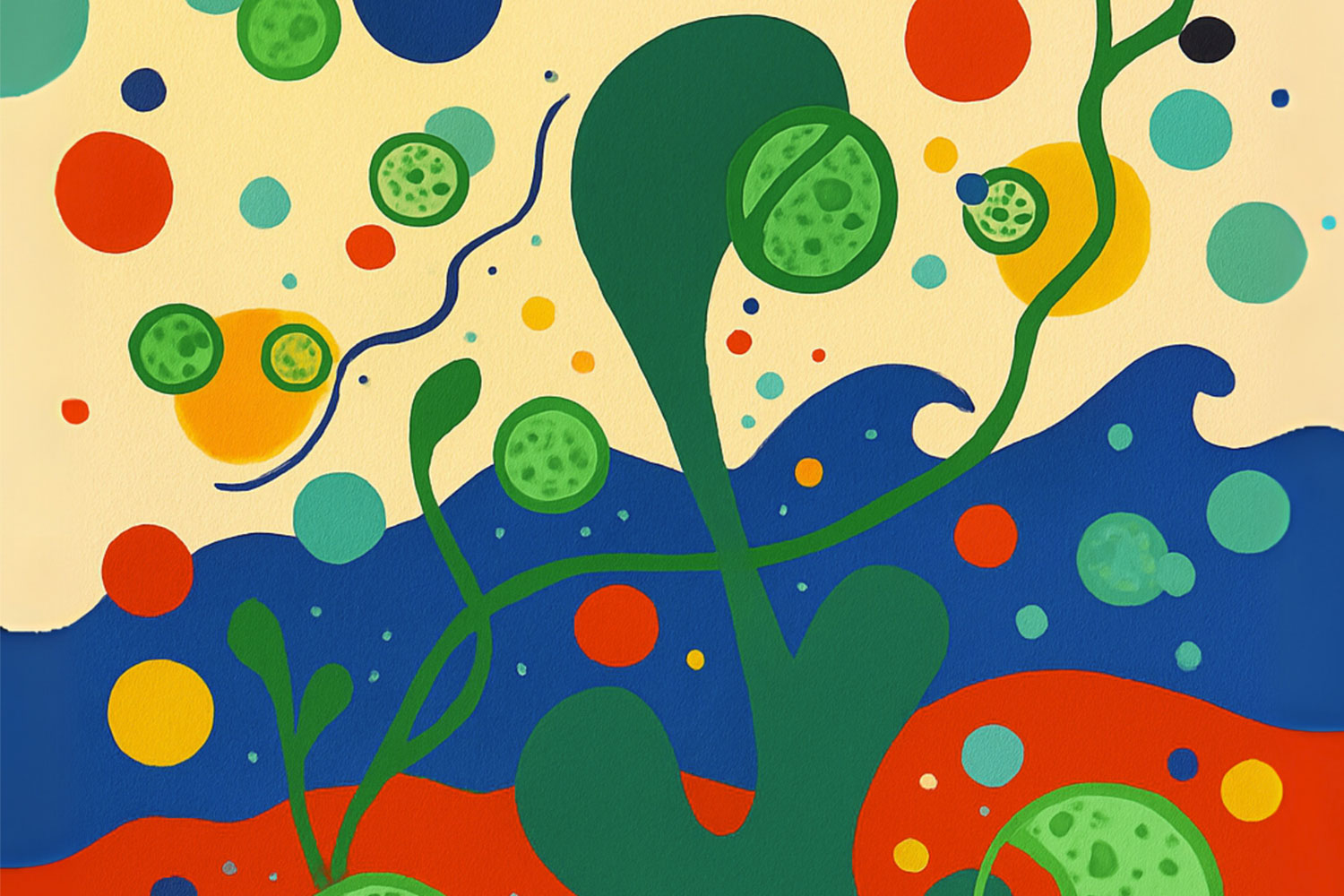
- Why some quantum materials stall while others scaleIn a new study, MIT researchers evaluated quantum materials’ potential for scalable commercial success — and identified promising candidates.
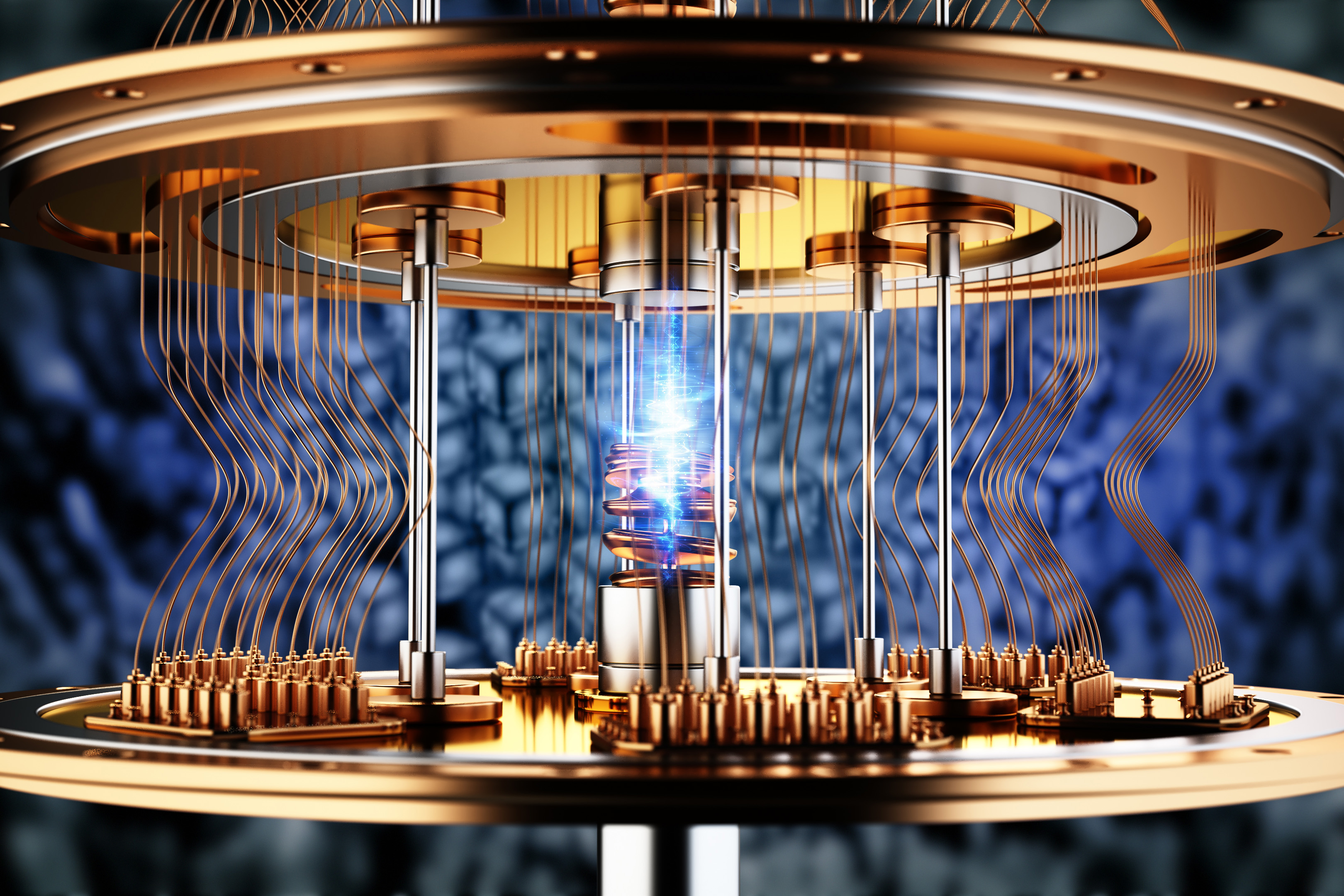
- Optimizing food subsidies: Applying digital platforms to maximize nutritionAn algorithm can change the face of food assistance policy in the Global South, says MIT assistant professor and J-WAFS researcher Ali Aouad.
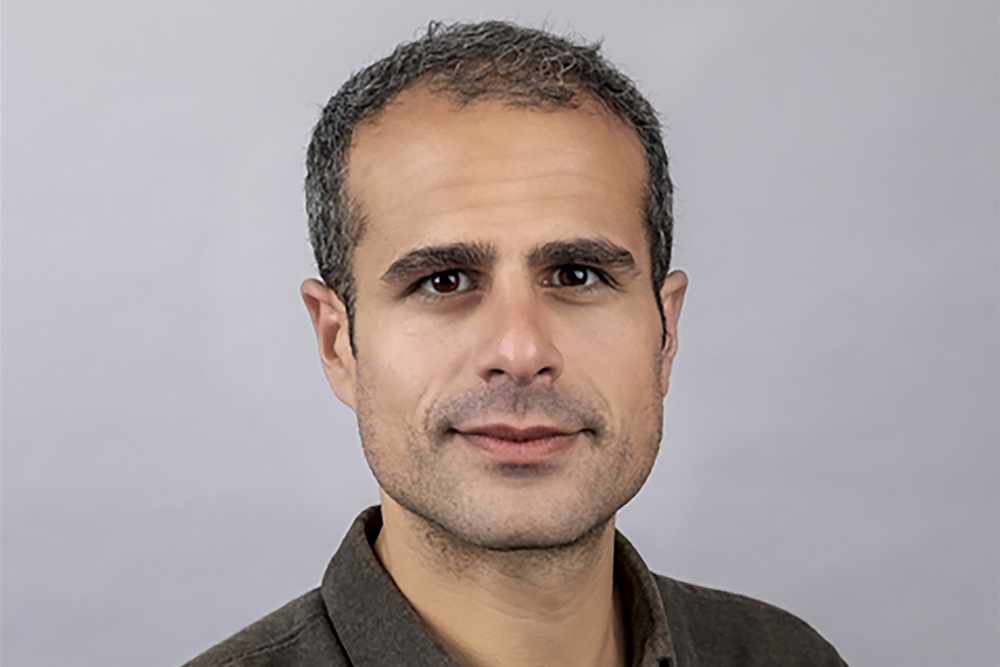
- Checking the quality of materials just got easier with a new AI toolActing as a “virtual spectrometer,” SpectroGen generates spectroscopic data in any modality, such as X-ray or infrared, to quickly assess a material’s quality.

Load more...
Loading...


